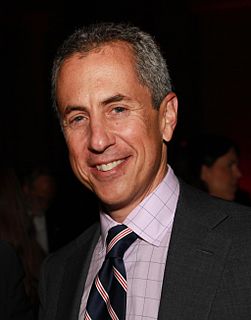A Quote by Mario Batali
My last meal? The food would be much less significant than the company.
Related Quotes
The Food Stamp Challenge, which challenges higher-income families to live as if they are on food stamps, estimates that a person on food stamps has a budget of about $1.25 per meal. In other words, a family on food stamps must buy an entire meal per person for less than the cost of an average cup of coffee.
Imagine if we had a food system that actually produced wholesome food. Imagine if it produced that food in a way that restored the land. Imagine if we could eat every meal knowing these few simple things: What it is we're eating. Where it came from. How it found its way to our table. And what it really cost. If that was the reality, then every meal would have the potential to be a perfect meal.
The washing of dishes does seem to me the most absurd and unsatisfactory business that I ever undertook. If, when once washed, they would remain clean for ever and ever (which they ought in all reason to do, considering how much trouble it is), there would be less occasion to grumble; but no sooner is it done, than it requires to be done again. On the whole, I have come to the resolution not to use more than one dish at each meal.
When you're in a start-up, the first ten people will determine whether the company succeeds or not. Each is 10 percent of the company. So why wouldn't you take as much time as necessary to find all the A players? If three were not so great, why would you want a company where 30 percent of your people are not so great? A small company depends on great people much more than a big company does.
When upmarket shops like Waitrose collect contributions for local food banks, they serve as a constant reminder to those of my constituents who are lucky enough not to have to worry about where their next meal will come from that those less fortunate than themselves are increasing in number, and suffering more than ever.
J.K. Rowling said Bellatrix's role was going to be significant in the last one, when I showed some reluctance in playing a tiny bit part. Up front, they said, 'You're very significant in the last one.' But significant could mean a lot of things. That could just mean a significant plot point. Doesn't necessarily equal big part.
The impact of the Yemeni manuscripts is still to be felt. Their variant readings and verse orders are all very significant. Everybody agrees on that. These manuscripts say that the early history of the Koranic texts is much more of an open question than many have suspected: the text was less stable, and therefore had less authority, than has always been claimed.





































